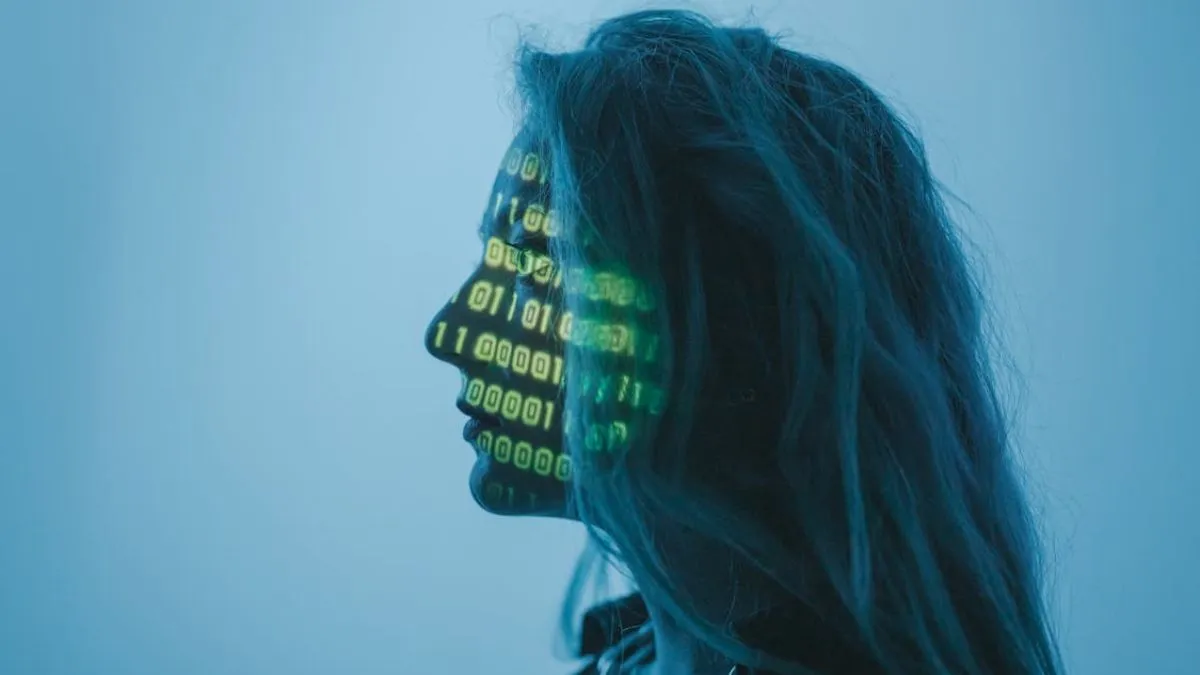- By Prateek Levi
- Thu, 28 Aug 2025 12:56 PM (IST)
- Source:JND
The AI landscape is evolving every day, and the phenomenon of AI "deadbots" is quietly taking over and becoming a reality for many people, especially family members and researchers, and is even aiding activism. But what are AI 'deadbots'? In simple words, you are basically recreating someone digitally by using artificial intelligence and feeding personal data digitally into the system. This new artificially created reality can talk, come in videos and can also initiate a message exchange with the living! This helps in easing the pain for some and blurs the line between memory and presence that one can interact with.
Why Use AI 'Deadbots'?
People are increasingly turning to so-called “deadbots”—AI tools that recreate the voices, faces, and personalities of people who have passed away. For some, it’s a way to keep loved ones present during moments that matter. One woman, for instance, used an AI-generated version of her late brother during a court hearing, letting him “speak” to the judge before sentencing. Activist groups have also embraced the technology, with gun reform organisations in the US using digital versions of victims to deliver automated messages to lawmakers, making sure their voices are still heard.
So how does it work?
These systems leverage whatever digital presence a person had and leave behind voice recordings, videos, text messages, or even social media posts. After the data is fed properly, the AI can mimic speech, facial expressions, and familiar quirks, producing an uncanny sense of presence. For families that are looking for comfort in these times of loss, this can be deeply comforting. Although this sounds good and does bring comfort, it raises questions about consent and also the question of how we define someone's legacy in this digital era.
What’s more, this is no longer just a personal coping mechanism—it’s becoming an industry. According to NPR, the global “digital afterlife” market could swell to $80 billion within the next decade. Beyond chatbots and avatars for families, companies are offering services like scheduled messages to be delivered after death. The same technology could even allow celebrities to appear in ads years after they’re gone, extending their commercial influence indefinitely.
ALSO READ: Samsung's 'Project Moohan' XR Headset Price And Launch Date Leaked!
But as this business gains momentum, it also gives rise to the ethical concerns related to it. There is criticism that points out that these firms might be exploiting vulnerable families or mishandling personal data that the deceased never agreed to share. Researchers like Katarzyna Nowaczyk-Basińska from the University of Cambridge warn that society is being forced to confront uncomfortable questions about memory, mortality, and ownership of a digital self. Regulators and critics alike are now pressing for stricter rules to stop misuse. As deadbots become more common, the debate over who controls a person’s digital likeness — and who profits from it — is only getting louder.
